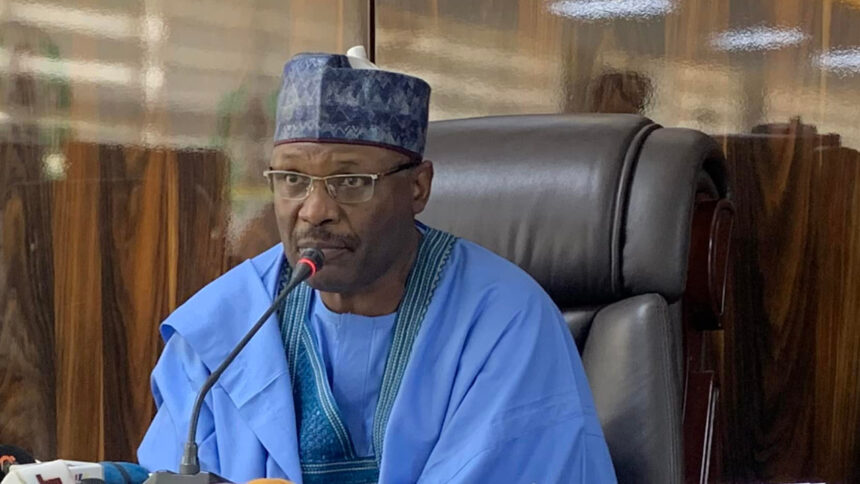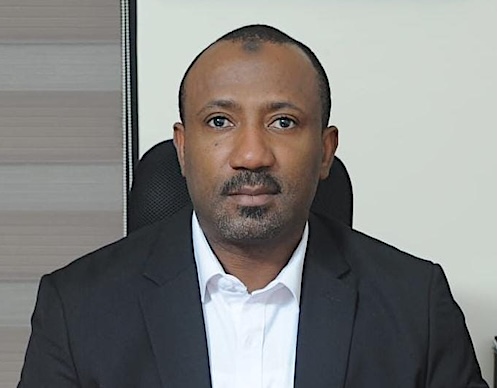The immediate past Chairman of the Independent National Electoral Commission (INEC) Professor Mahmood Yakubu, has cautioned that while technologies like the Bimodal Voter Accreditation System (BVAS) and the INEC Result Viewing Portal (IReV) mark progress, they are not panaceas for Nigeria’s electoral challenges. Analysts and civil society figures echo this view.
In retrospective assessments of his 10-year tenure, Yakubu acknowledged that technological innovations significantly improved voter accreditation, transparency, and result publication. However, he also admitted that issues around logistics, connectivity, staff training, and political interference undermined the full potential of these reforms.
Lens News gathered that, Civic groups, such as Yiaga Africa and CISLAC, have sharpened the critique. They argue that although the tools were introduced, the human and institutional systems surrounding them are weak. For example, delays in getting electoral materials to rural polling units, power issues, and inconsistent application of electoral guidelines continue to hamper credibility.
Yakubu’s critics point to the 2023 general elections where the IReV platform suffered glitches and some polling units experienced challenges uploading results in real time. These issues diminished public trust, even if partially due to technical constraints beyond INEC’s control.
What emerges is a consensus: technology is an enabler, but not a substitute for institutional integrity, transparency, adequate funding, consistent enforcement, and public trust. Civil society advocates are calling on Yakubu’s successor and government to ensure that future reforms address both the tools and the context in which they operate.










